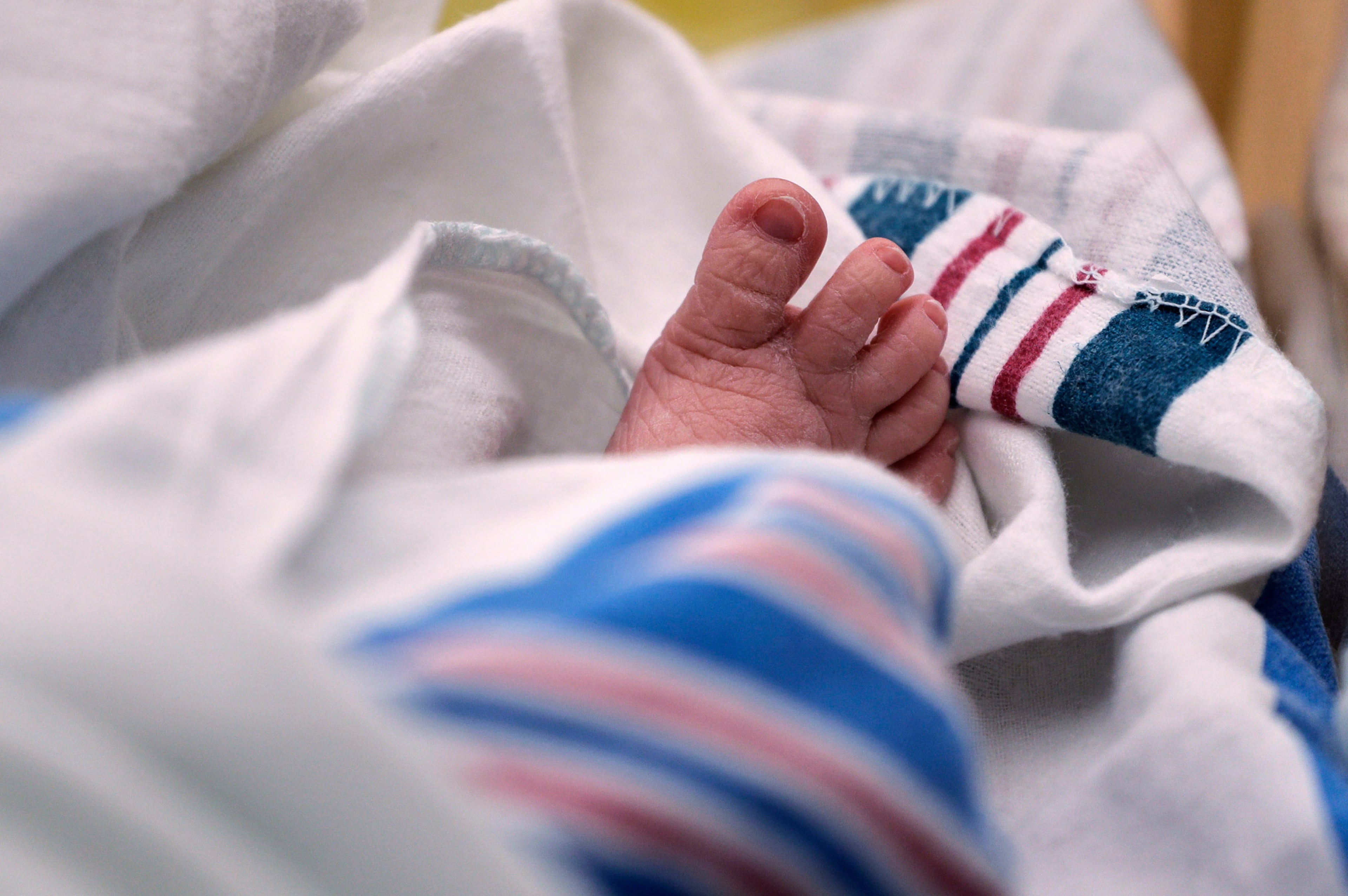Tylenol or tough it out? Either way, moms can’t win

At a news conference in late September, President Donald Trump announced that pregnant women should not take the pain reliever Tylenol. He also cautioned mothers against giving the drug to infants.
The Food and Drug Administration, he claimed, would soon start advising women that acetaminophen — the generic name for the active ingredient used in Tylenol — may be linked to autism.
His statements cued immediate confusion, concern and, in some cases, guilt felt by pregnant women and mothers across the country.
Scientists have been researching the potential link between Tylenol use and the risk of neurodevelopmental disorders, such as autism, in children for years, but the studies so far have been unable to identify a causal relationship.
The FDA statement confirmed this while also noting that acetaminophen is the safest over-the-counter alternative pain reliever to use during pregnancy because aspirin and ibuprofen have well-documented adverse impacts on the fetus. The statement went on to advise clinicians to consider minimizing the use of acetaminophen during pregnancy.
I can’t speak for everyone who has ever been pregnant, but when I was pregnant, I was hypervigilant about doing everything I could to ensure a healthy baby and delivery. I didn’t have word salad from the White House compounding those concerns.
A primary-care pediatrician recounted for CNN the story of a neonatal intensive care unit colleague in Georgia who said parents are turning down Tylenol use for premature babies born with a heart condition that has long been successfully treated with the medication.
The pediatrician also shared stories of mothers of autistic children berating themselves for taking Tylenol during their pregnancies. I imagine there may also be pregnant women who are following the president’s advice to “tough it out” when they are in pain.
Trump’s advice “took me straight back to when moms were blamed for autism,” said Alison Singer, founder of the Autism Science Foundation, to The Associated Press. “He basically said, if you can’t take the pain, if you can’t deal with the fever, then it’s your fault.”
In the early days, the theory was that cold or distant mothers were responsible for their children’s autism. Now, mothers risk criticism for taking pain-relieving medication.
As a result, women are suffering — emotionally and physically — a condition that has become a hallmark of this administration.
Public concern after the statements from government officials was enough to cause a temporary dip in shares of Kenvue, the company that has manufactured Tylenol since 2023. This is not the first time Tylenol has been caught in a public health fallout.
In 1982, seven people died in the Chicago, Illinois, area after taking Extra-Strength Tylenol capsules that were poisoned with potassium cyanide.
The deaths caused a national scare, and Johnson & Johnson, which manufactured the drug, pulled 31 million bottles of Tylenol from store shelves. At the time, the medication, created in 1950, dominated the market for pain relief, capturing 35% of the segment. After the deaths, which included a 12-year-old child, Tylenol’s market share plummeted to 8%.
The following year, in 1983, Congress passed the “Tylenol bill,” making it a federal offense to tamper with drugs, and by 1989, the FDA set federal guidelines requiring manufacturers to make certain bottles tamperproof. Authorities never caught the killer.
I mention this moment in history not to equate it with the current flap surrounding Tylenol but as a reminder of the long-standing impact it might have on our lives.
I was a tween in Chicago during the Tylenol murders, and the memory endured well into adulthood. Whenever I needed medication for pain, I opted for anything other than Tylenol, even though I was aware of all the safeguards that had been put in place after the murders.
It was not until several years ago, decades after the murders, that I began taking Tylenol again. My fear was based on a very real situation, even if there was a small likelihood that I would have taken a tainted Tylenol capsule.
For some pregnant women and mothers, statements from the president and the FDA about Tylenol feel like an imminent threat. Even though they may have a low risk of any adverse impact, it feels real enough to change their behavior, possibly in ways that could be even more harmful.
Tylenol is a fever-reducing medication, and high fever during the early stages of pregnancy can increase the risk of neural tube defects and other congenital abnormalities.
It is one thing for the “Make America Healthy Again” initiative to fund research that looks deeper into causal links for autism. It is another for the government to make premature pronouncements, in the absence of any new research, creating fear and feelings of guilt among pregnant women and mothers that could last well beyond this moment.
Read more on the Real Life blog (www.ajc.com/opinion/real-life-blog/) and find Nedra on Facebook (www.facebook.com/AJCRealLifeColumn) and X (@nrhoneajc) or email her at nedra.rhone@ajc.com.



